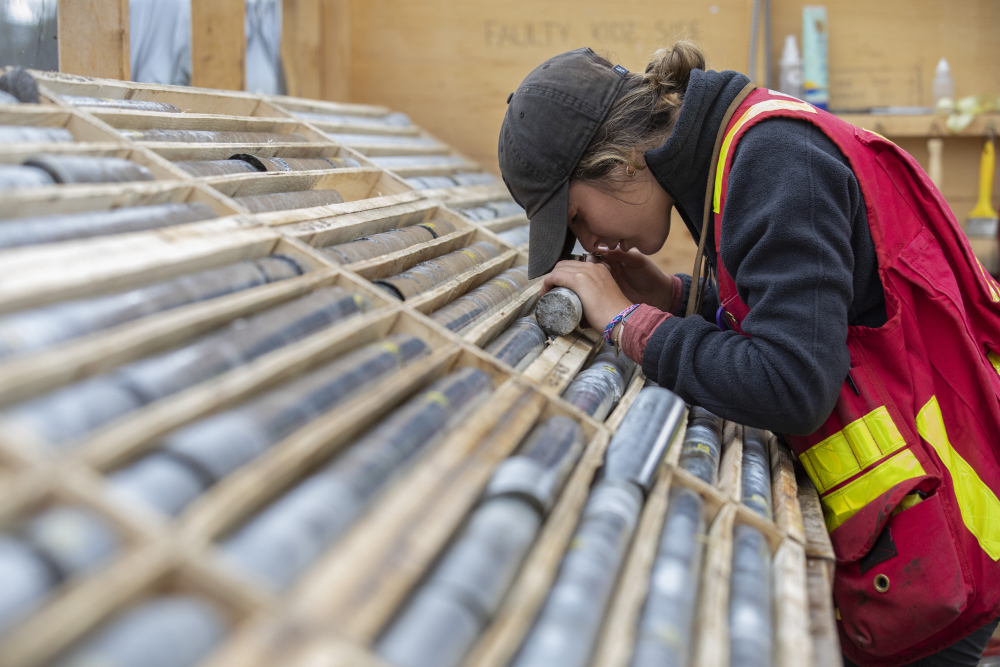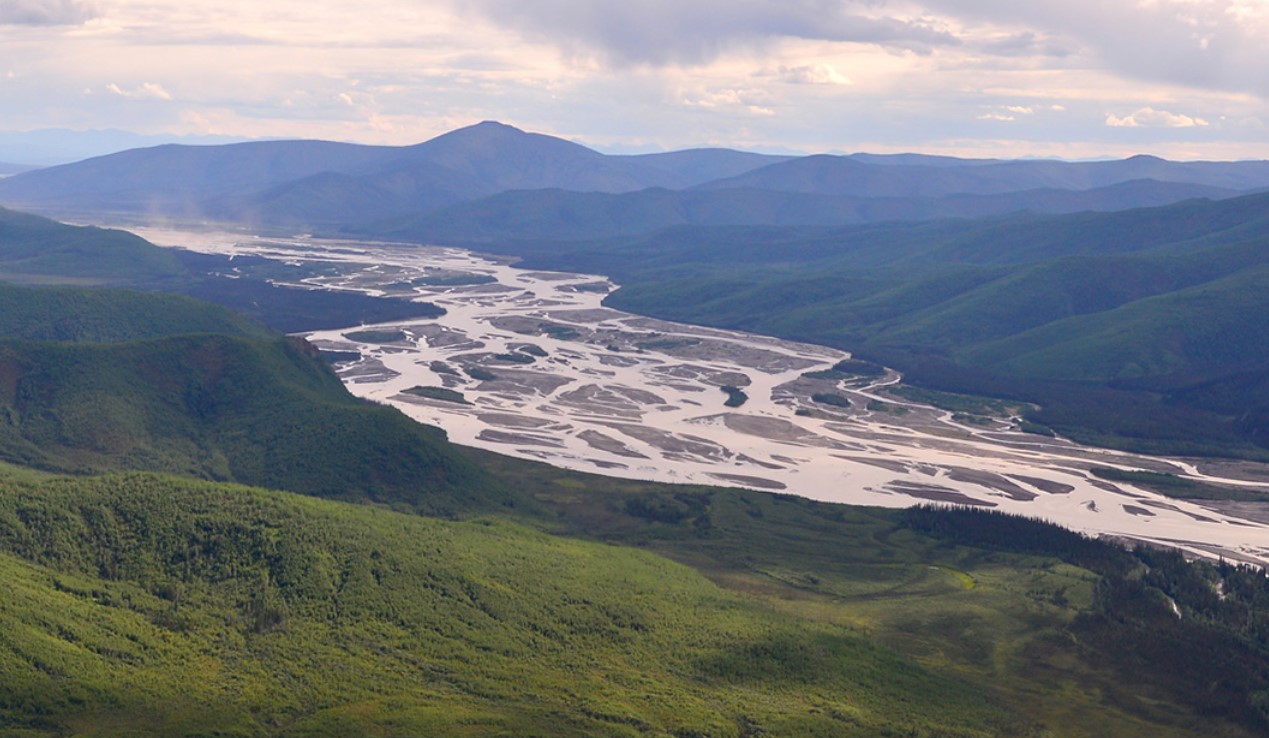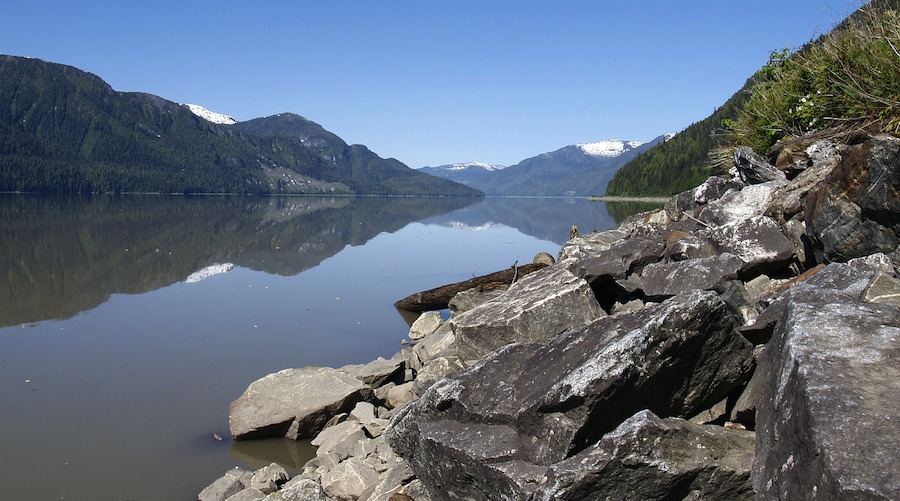VANCOUVER – Chile's environmental regulator has imposed its maximum fine on the world's largest gold miner after a four-month investigation revealed Barrick Gold (ABX-T, ABX-N) committed "very serious" violations of its environmental permits for the troubled Pascua-Lama mine.
The $8.5-billion project straddles the Chilean-Argentinean border, with much of the mine in Chile and most of the processing facilities in Argentina. Construction began almost four years ago but work on the Chilean side was halted in April after local indigenous groups filed complaints over alleged groundwater contamination. A subsequent court ruling cited unacceptable concentrations of arsenic, aluminum, copper, and sulphates in the groundwater.
Now Chile's Superintendent of the Environment (Superintendencia del Medio Ambiente or SMA) says Barrick failed to build some of the water containment systems it promised. On top of that, the regulator says Barrick failed to explain accurately to investigators what it had done wrong.
"We found that the acts described weren't correct, truthful, or provable," said Superintendent Juan Carlos Monckeberg. "And there were other failures of Pascua-Lama's environmental permit, as well."
According to Monckeberg, Barrick reported some of the failures itself. However, an investigation conducted by agency inspectors found the company was not telling the whole story about its inadequate water systems.
The discovery prompted the national regulator to impose a $16-million fine, its largest possible sanction under Chilean law and the regulator's first fine after gaining enforcement powers six months ago. The SMA also passed a resolution that requires Barrick to complete Pascua-Lama's water management system in accordance with the project's environmental permit before resuming construction activities.
The news broke on Friday morning; by midday shares in ABX were halted. Several hours later Barrick released a short statement.
"The company is in the process of reviewing the SMA regulation in detail," the statement read. "Barrick is fully committed to complying with all aspects of the resolution and to operating at the highest environmental standards."
The SMA says violations at Pascua-Lama include failing to build certain contaminated water containment structures before mine construction began, failing to keep the SMA informed about problems and changes, and failing to provide data sought by inspectors. For example, Barrick failed to build a canal to divert rainwater from piles of waste rock. Such a canal would have minimized the acid runoff that such rock can generate, which is why it was a fundamental part of the Pascua-Lama environmental permit.
When Barrick announced the suspension of construction in Chile in April, the company noted that development work would continue on the Argentinean side of the project. Barrick made no change to that stance in responding to the fine.
Obtaining permits from Argentina, where mining is regulated at the provincial level, has generally proven easier for Barrick than achieving authorization in Chile, where mine permits are a federal concern. That being said, the Argentinean process was not without its challenges. Barrick and other pro-mining groups fought for and won blockage of a national glacier protection law in 2010 that would have impacted Pascua-Lama.
More generally, the SMA fine is simply the latest in a long series of setbacks and challenges for Barrick at Pascua-Lama. Costs to build the mine have ballooned from an initial $3-billion estimate to the current expectation of $8.5 billion. The commencement of production has also been delayed several times, with initial output now planned for the second half of 2014.
Once it reaches production, Pascua-Lama is expected to produce 800,000 to 850,000 oz of gold annually for the first five years. Cash costs at the massive operation are also forecast to be among the lowest in the world, potentially coming in at less than $100 an ounce.
ABX shares resumed trading roughly 90 minutes before markets closed for the weekend. In that time they lost 43¢ to close at $19.69, not far above the company's 52-week low of $17.98. Barrick's 52-week high is $44.75 and the major has just over 1 billion shares outstanding.
To read more Northern Miner articles, click here





Comments